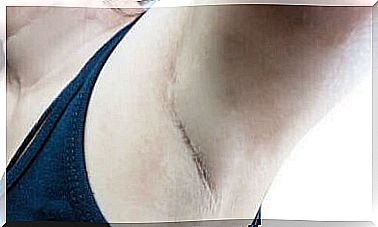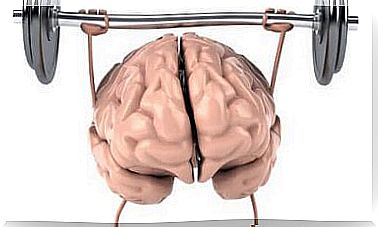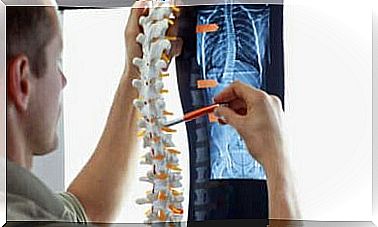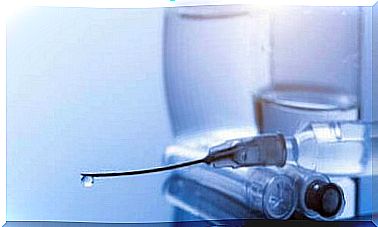How To Know If You Are Ovulating
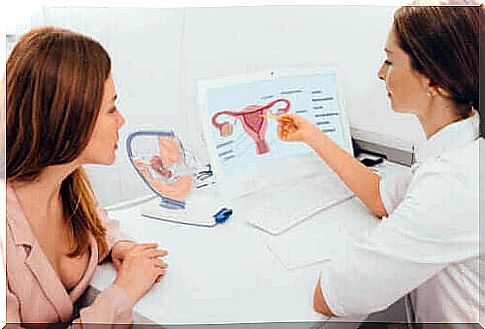
Whether you are trying to conceive or hoping to avoid it, it is important to know how your menstrual cycle works. If you know if you are ovulating you can use extra protection or increase your chances of getting pregnant since these are fertile days where the body has everything it needs for a fertilization to take place.
What are the symptoms of ovulation? At what point in the menstrual cycle does it occur?
In this article, we will give you a brief overview of the characteristics of a normal menstrual cycle. Later we will talk about when ovulation occurs and how we can know that it takes place.
The normal menstrual cycle

The regular menstrual cycle includes a number of changes that occur in women of childbearing age each month and prepares them for the possibility of carrying out a pregnancy.
These changes are due to the presence of various female hormones, which increase or decrease in the blood, and determine the different moments that occur during the cycle.
Characteristics of the menstrual cycle
The brain (hypothalamus and pituitary gland) and ovaries produce these hormones. In most cases, the menstrual cycle has the following characteristics:
- It lasts from 28 to 35 days.
- It consists of two main phases : the follicular phase and the luteal phase.
- Day number 1 is the first day of menstruation, and when the follicular phase begins.
- The follicular phase is the first period and lasts between 14 and 21 days. It includes menstruation and ends in ovulation.
- The luteal phase is the second period. It lasts for about 14 days.
- Ovulation takes place every month.
- Changes will occur in the woman’s body during a normal menstrual cycle. Some of these may include changes in body temperature, vaginal discharge, menstruation, etc.
Ovulation consists of the release of one or more eggs from the ovaries, and it happens every month. This egg will remain in the body for a short period of time and wait to be fertilized by a sperm cell.
The menstrual cycle varies from woman to woman and from month to month. This variation occurs mainly in the first phase, also called the follicular phase.
As we mentioned above, this is the phase that includes ovulation. It can therefore be difficult to calculate when it is. Later we will tell you how to know if you are ovulating.
In addition, there are also variations according to the phase of life each woman is in. During the first years of childbearing age, the cycles will be longer. As you get older, the cycles become shorter.
We know that the greatest probability of getting pregnant occurs between three and five days before the day of ovulation, including the day of ovulation. Therefore, if you follow this period which we call the fertile period, you will maximize the likelihood of conception.
How do you know if you are ovulating?
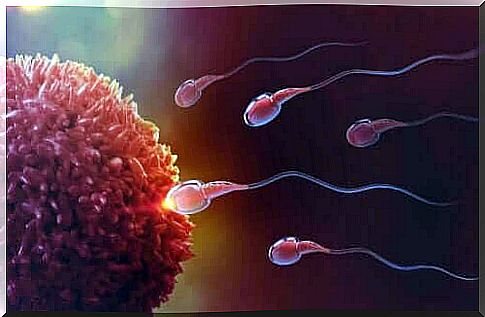
The first thing we must mention is that there are no reliable home methods to predict the day of ovulation. It is therefore not possible to predict the fertile period exactly, unless you can identify the hormonal changes that occur during this period.
We should emphasize that having a calendar where you count days has not proved to be a reliable method, since, as we already know, it varies from month to month.
On the other hand, the method of measuring the basal body temperature is also not reliable. There are also some mobile apps that measure body temperature, but they are also not 100% reliable.
One way that researchers have determined is more predictable for the fertile period is the identification of vaginal discharge before and during ovulation. We know that it is an indicator of the fertile period (which includes the day of ovulation) when the discharge increases in volume, becomes lighter, more elastic and smooth.
You can also measure female hormones in the urine with a set similar to what you use to detect a pregnancy. It is called an ovulation set and acts as a predictor for the fertile period. They are quite affordable, but they can also give false positive results.
It is important to talk to your gynecologist to find out if you are ovulating
Measuring body temperature and discharge at home may work together to tell you when you are ovulating, but they are not entirely reliable.
Ovulation kits are more reliable than both methods, but you should not forget that you can get a false positive. When in doubt , it is always best to talk to your doctor or gynecologist to assess the various options available.
